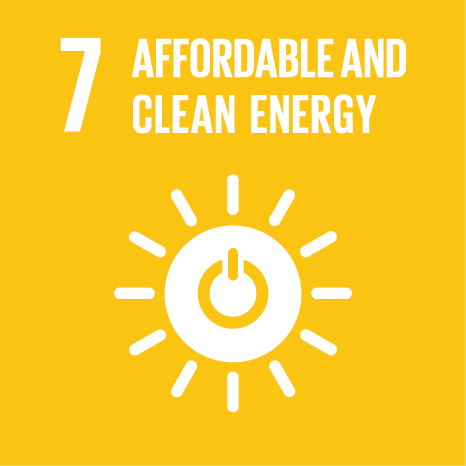Ciência_Iscte
Publications
Publication Detailed Description
Decarbonizing an energy-hungry world: the dilemma of investing in fossil fuels
Journal Title
Management Decision
Year (definitive publication)
2024
Language
English
Country
United Kingdom
More Information
Web of Science®
Scopus
Google Scholar
This publication is not indexed in Google Scholar
This publication is not indexed in Overton
Abstract
Purpose
The study examines the diversity of ethical motivations for investments in fossil fuels amid growing calls to decarbonize. Faced with the dilemma between energy needs and net-zero commitments, managers need to reconcile seemingly irreconcilable external pressures. The purpose is to provide insights into the ethics justifying their investment decisions.
Design/methodology/approach
The authors draw on ethnographic research, participant observation and interviews with oil and gas executives, private equity partners, managing directors, bankers, lawyers, consultants and engineers in the US and the UK.
Findings
The findings show how managers in the oil and gas ecosystem motivate their actions in response to external pressures for decarbonization. The leitmotif is that they do the right thing even if they acknowledge that not all stakeholders agree. The findings provide insights into why net-zero pledges have failed to stem the flow of capital into fossil fuels.
Practical implications
The authors propose a nuanced engagement with stakeholders that goes beyond risk-return calculations on investments in hydrocarbons. Recognizing the diversity of ethical perspectives, money managers have the opportunity to engage institutional constituents as owners of the collective pools of capital rather than just as beneficiaries in making investment decisions.
Social implications
Money managers should be more engaged with stakeholders whose well-being depends on the funds' investments. They could facilitate the creation of partnerships with public and private organizations such as banks, national funds, city governments, pension funds, foundations, universities and religious organizations. It would be beneficial to all stakeholders to understand the nuanced and varied ethical frameworks that inform hydrocarbon investment and divestment decisions.
Originality/value
The article uses timely in-depth interview data on an issue of existential importance. The authors contribute a better understanding of how and why institutional investor capital is flowing into hydrocarbons at a time when calls to divest are louder than ever.
Acknowledgements
--
Keywords
Private equity,Portfolio investment,Energy industry,Decarbonization,Energy ethics,Net-zerotransition
Fields of Science and Technology Classification
- Mathematics - Natural Sciences
- Economics and Business - Social Sciences
- Other Social Sciences - Social Sciences
Funding Records
| Funding Reference | Funding Entity |
|---|---|
| 715146 | Comissão Europeia |
Contributions to the Sustainable Development Goals of the United Nations
With the objective to increase the research activity directed towards the achievement of the United Nations 2030 Sustainable Development Goals, the possibility of associating scientific publications with the Sustainable Development Goals is now available in Ciência_Iscte. These are the Sustainable Development Goals identified by the author(s) for this publication. For more detailed information on the Sustainable Development Goals, click here.

 Português
Português




